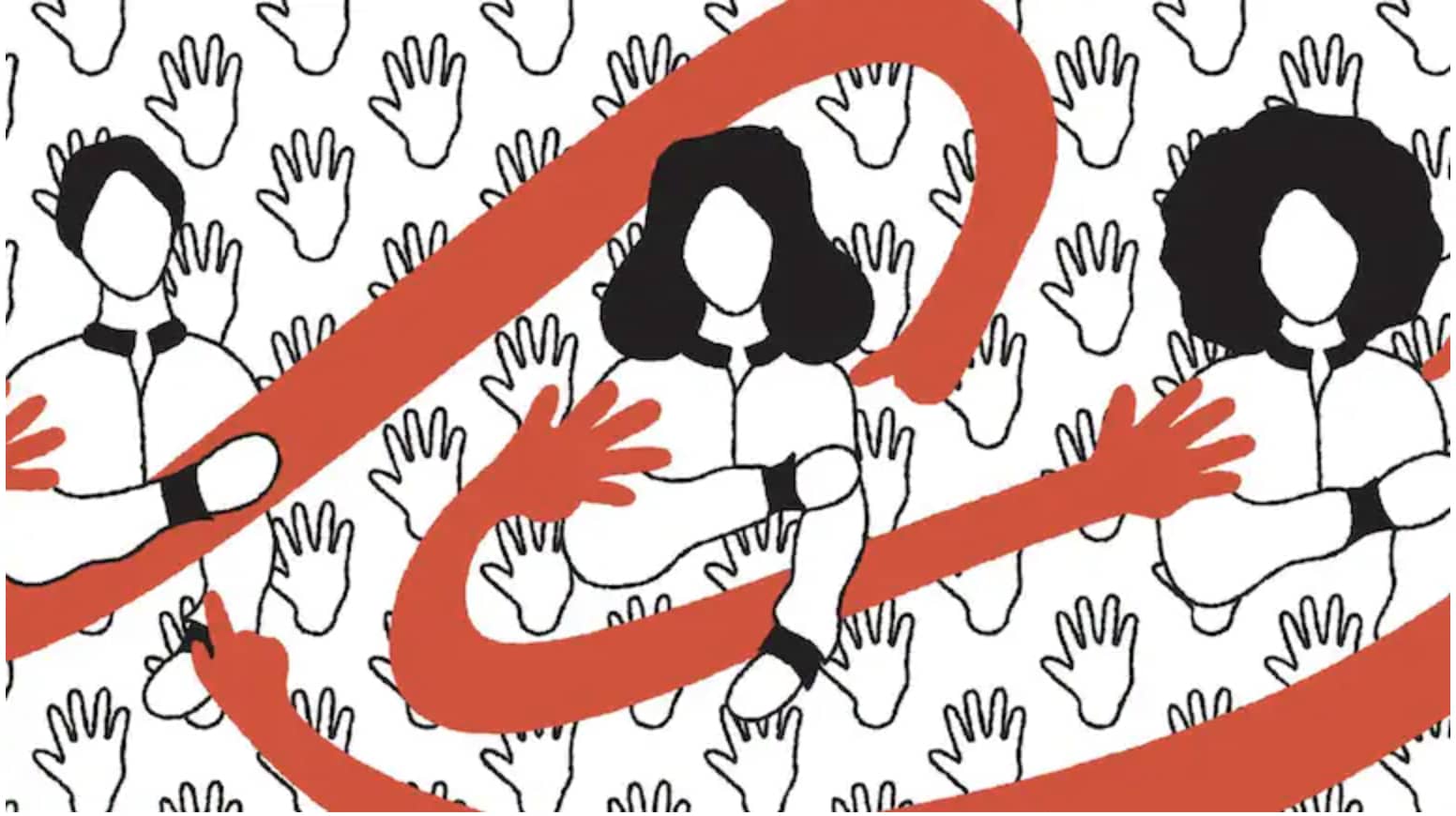Recently, the POSH Act came into limelight once again when Abha Singh, a lawyer, filed a plea in the Supreme Court against the order passed by Justice GS Patel of the Bombay High Court in 2021. In the order, J. GS Patel issued a few guidelines, one of which included prohibiting the disclosure of details relating to both parties, i.e., victim and accused, to anyone outside. The breach of any of the guidelines would be considered contempt of court. From the victims’ side, the order protects the anonymity of parties. It also curbs the chances of victim blaming from the general public. If after the trial, the accused is proven to be innocent, they will not be tormented by public scrutiny. But, to understand whether such a provision is actually beneficial or not, we need to first know why the POSH Act came into force and what the other legislation says about protecting the identities of parties.
The Sexual Harassment of Women at Workplace (Prevention, Prohibition, and Redressal) Act, 2013 (POSH Act) was enacted in response to the ‘Vishaka’ case.1 The Act was enacted with the main objective of making workplaces safer for women. Presently, the Indian Penal Code, 1860 and laws such as the Juvenile Justice Act of 2015 prohibit the disclosure of the identity of rape victims and juveniles respectively. However, the order to maintain the anonymity of both parties by the Bombay High Court sparked the debate as even under the Juvenile Justice Act, the identity of a juvenile is protected only due to the fact that the person alleged to have committed the crime is a minor. And all delinquents above 18 years of age are not given this protection.
The right to freedom of speech and expression is an inherent right of an individual. Nowadays, we see many women coming forward with injustices done to them and seeking relief from the courts. So, such an order prohibits women from disclosing the incident to anyone and curbs their right to speech and expression. It is only when the identities of perpetrators are revealed that people actually become aware of crimes surrounding them and be cautious. When they are hidden, the fear of perpetrators in society increases. And the media play a bigger role in sensitising the public. In the past, we have seen several instances, such as the Jessica Lal murder case2 and others, where immediate actions were taken on public demand. In this way, disclosure of identities becomes a necessity.
On the other hand, victim blaming and/or public scrutiny of the accused is a real problem that cannot be ignored. Hence, protection of the identity of the parties is necessary but must not curb the individual rights to freedom of speech and expression. If a woman wants to speak up for herself, then she must be able to do so. However, if the victim wishes to keep the trial and everything associated with it private, the decision of the victims must be respected.
- Certificate Course in Labour Laws
- Certificate Course in Drafting of Pleadings
- Certificate Programme in Train The Trainer (TTT) PoSH
- Certificate course in Contract Drafting
- Certificate Course in HRM (Human Resource Management)
- Online Certificate course on RTI (English/हिंदी)
- Guide to setup Startup in India
- HR Analytics Certification Course
Furthermore, the order does not speak about who this order is for clearly, as an appeal is pending before the labour court. Whether it will apply to these labour courts dealing with POSH matters and to all future posh cases is unclear. Then a question arises as to whether it is applicable to “internal committees” (IC). Though it has been granted civil powers to summon or require documents, it is not a court but a quasi-judicial body. But, as per section 16 of the POSH Act, the IC is required to maintain confidentiality in dealing with such matters. The order appears to be ambiguous about certain provisions, as on one hand, it directs to keep the parties’ names anonymous, such as in ABC v. Zyz, but on the other hand, the same order states that such POSH matters shall not be uploaded anywhere.
Additionally, the guidelines issued by the Bombay High Court fall right in the middle of the debate between the right to privacy under Article 21 and freedom of the press and speech under Article 19. Hence, there is a need to clarify the guidelines in several aspects to prevent any misuse of these provisions. Confidentiality in such sensitive cases where a person’s reputation can be tarnished is important, however, preventing any sort of disclosure and prohibiting the media entirely will do grave injustices to victims in particular and society at large.
Vishaka & Ors v. State of Rajasthan, (1997) 6 SCC 241.
State v. siddarth & Manu Sharma, 6 SCC 1; (2010) 2 SCC (crl) 1385.
- Certificate Course in Labour Laws
- Certificate Course in Drafting of Pleadings
- Certificate Programme in Train The Trainer (TTT) PoSH
- Certificate course in Contract Drafting
- Certificate Course in HRM (Human Resource Management)
- Online Certificate course on RTI (English/हिंदी)
- Guide to setup Startup in India
- HR Analytics Certification Course

